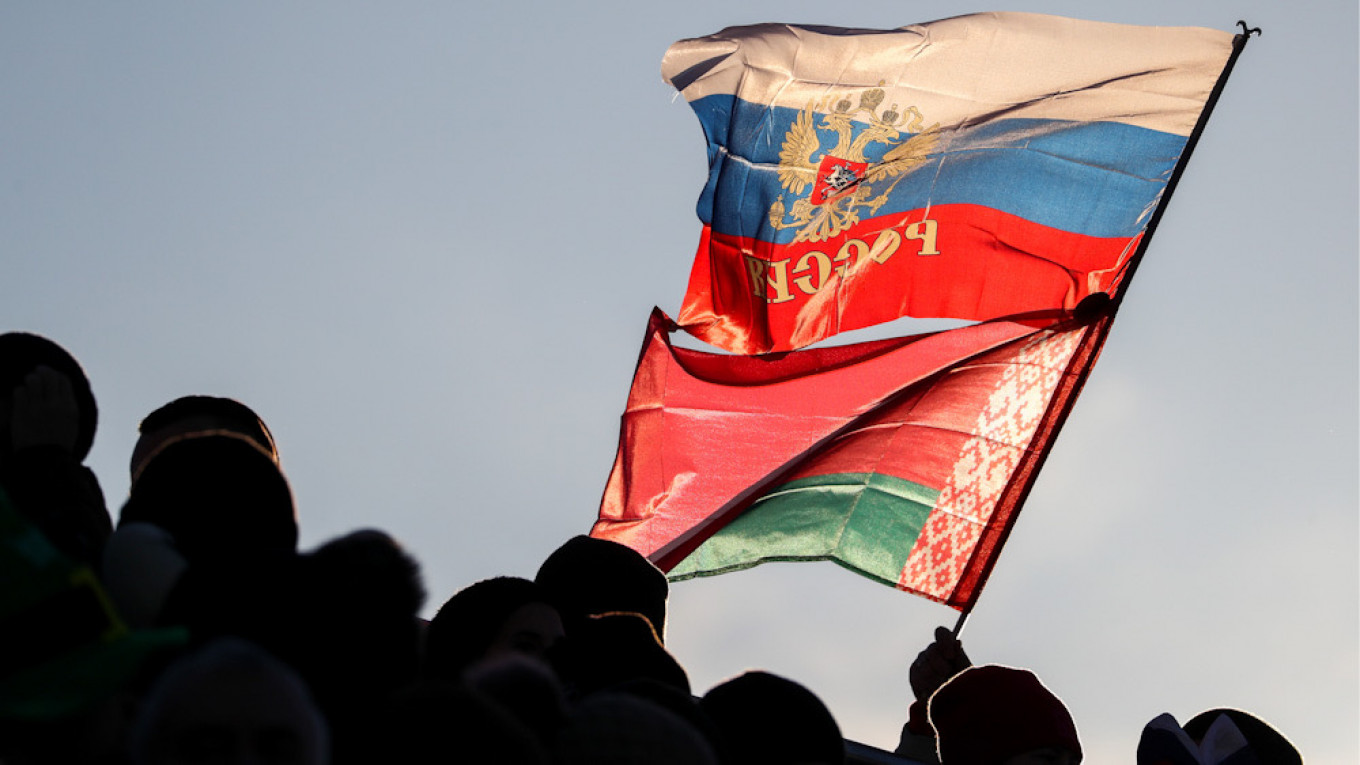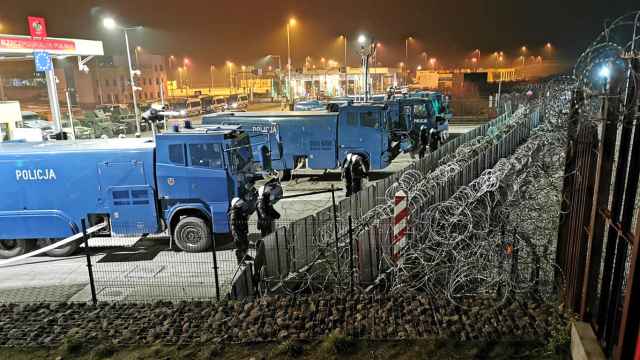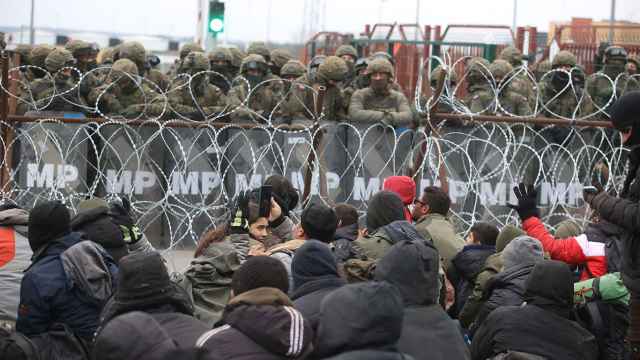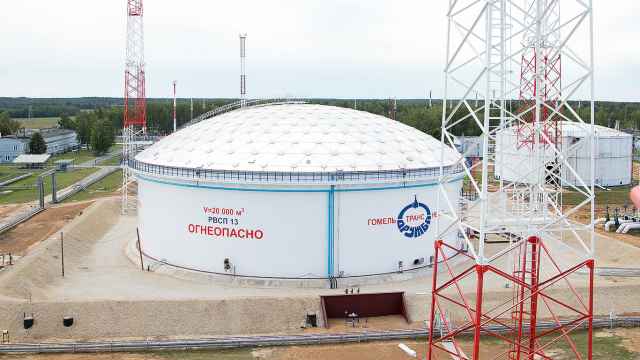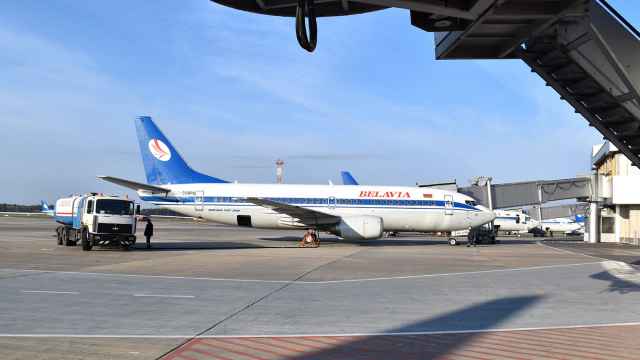Russia has transferred the second installment of a billion-dollar loan to Belarus, as the isolated country prepares to be hit by a fresh round of Western sanctions.
Belarus’ Finance Ministry said Wednesday it had received the $500 million payment from Moscow — the second tranche of a $1-billion funding package the two countries agreed last year as the country was gripped by nationwide protests in the wake of Alexander Lukashenko’s brutal crackdown on protesters.
Russia is a crucial backer of the Lukashenko regime and Minsk’s most important ally and financier.
The latest funding package from Moscow, which also included support for Belarus’ state development bank, was seen as a financial lifeline when agreed last September. Though analysts told The Moscow Times it would do little to address Minsk’s long-term financial problems, which have been accentuated by months of protest, European sanctions and an exodus of international investors.
EU leaders last week agreed to ban Belarus’ state airline from operating in EU airspace and urged EU-based airlines to avoid overflights of Belarus’ territory, following Lukashenko’s forced diversion of a Ryanair flight to arrest the Lithuania-based dissident journalist Roman Protasevich.
A new tougher round of tougher sanctions is currently being drawn up which could target the country’s vital export industries — fertilizers, potash and energy. The EU imported 1.2 billion euros ($1.5 billion) of chemicals from Belarus last year and another 1 billion euros ($1.3 billion) of energy products.
The EU has also pledged to unlock a three-billion-euro ($3.7 billion) package of loans and grants to a “future, democratic Belarus,” if Lukashenko leaves power.
The strongman leader paid a high-profile visit to Sochi last weekend, meeting Russian President Vladimir Putin in a show of support following the dramatic events which had left Lukashenko even more isolated on the world stage.
Following last year’s disputed election, in which Lukashenko claimed a landslide victory, several Western countries moved to recognize opposition leader Svetlana Tikhanovskaya as the poll’s legitimate winner and broke off relations with the Lukashenko, who has been in power since 1994.
A Message from The Moscow Times:
Dear readers,
We are facing unprecedented challenges. Russia's Prosecutor General's Office has designated The Moscow Times as an "undesirable" organization, criminalizing our work and putting our staff at risk of prosecution. This follows our earlier unjust labeling as a "foreign agent."
These actions are direct attempts to silence independent journalism in Russia. The authorities claim our work "discredits the decisions of the Russian leadership." We see things differently: we strive to provide accurate, unbiased reporting on Russia.
We, the journalists of The Moscow Times, refuse to be silenced. But to continue our work, we need your help.
Your support, no matter how small, makes a world of difference. If you can, please support us monthly starting from just $2. It's quick to set up, and every contribution makes a significant impact.
By supporting The Moscow Times, you're defending open, independent journalism in the face of repression. Thank you for standing with us.
Remind me later.


